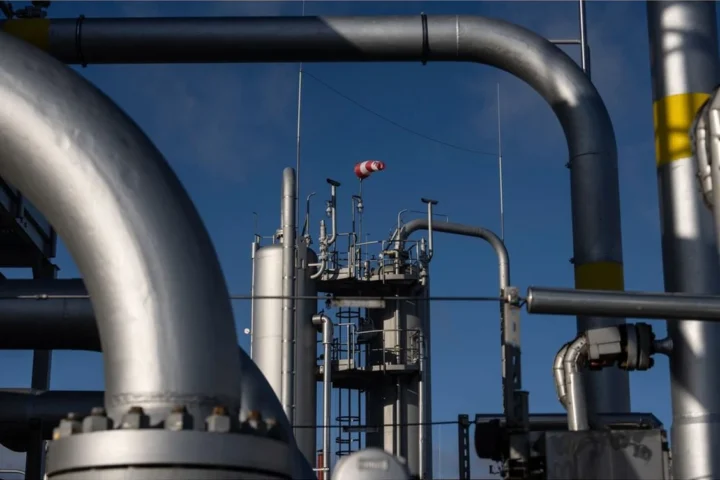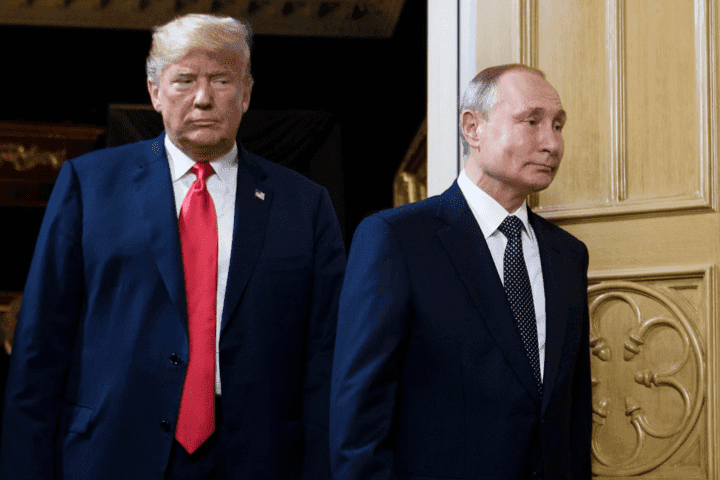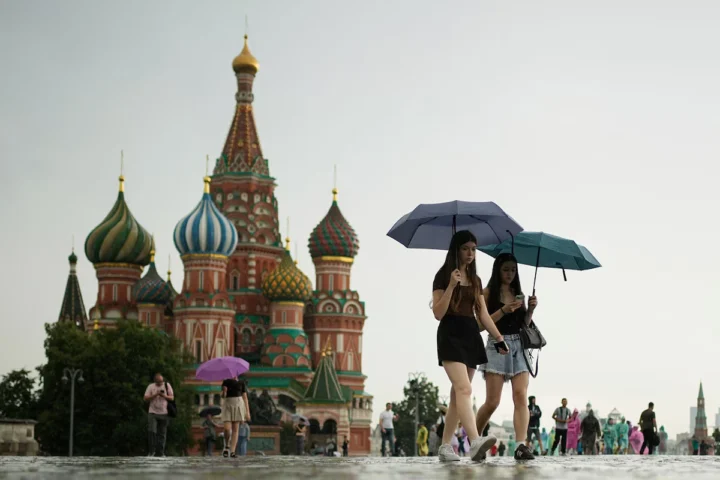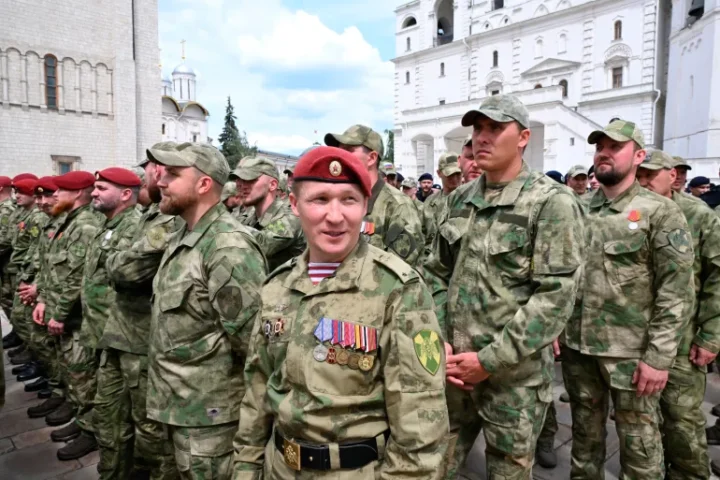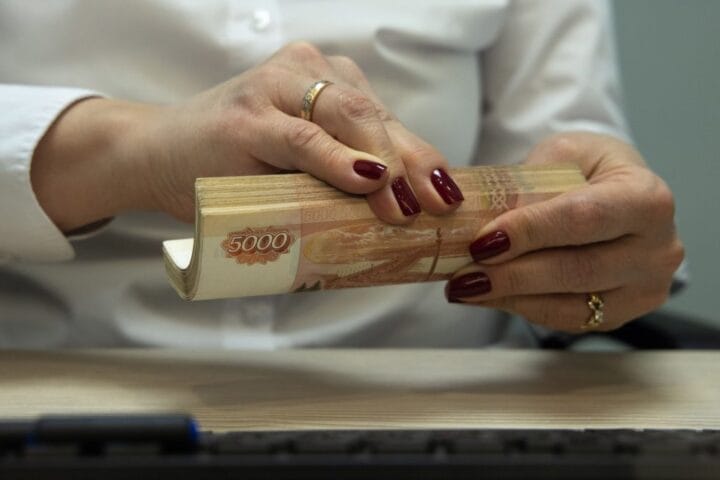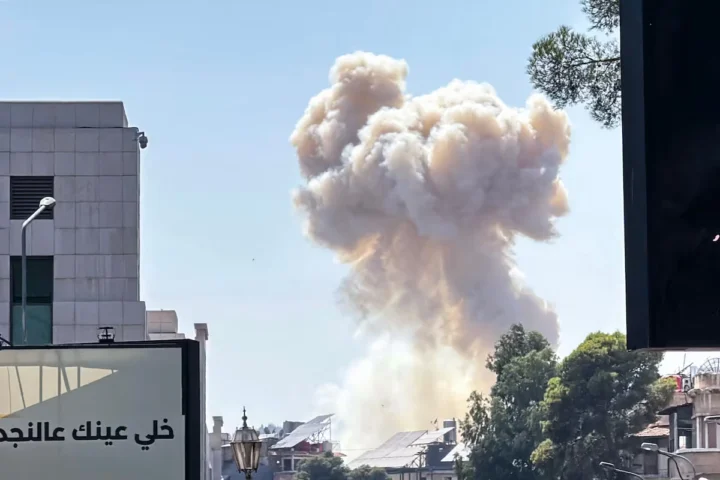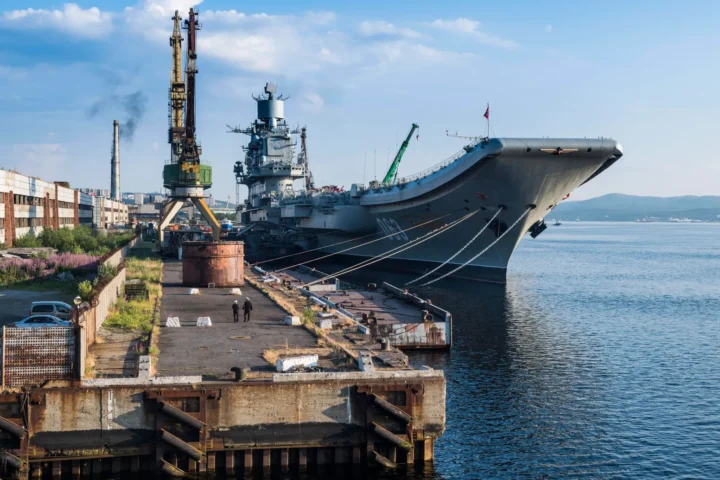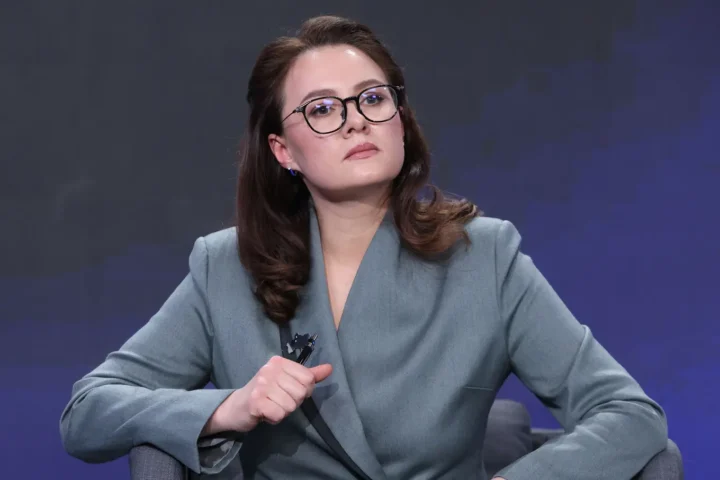Amid the storm of debate in the United States over Donald Trump’s proposed “peace plan” to end the war in Ukraine, the Kremlin is projecting an image of calm. The real nervousness appears to come not from the Russian leadership, but from its propagandists and journalists—especially as Moscow prepares to receive U.S. special envoy Steve Witkoff on Friday. According to Neue Zürcher Zeitung, Russia currently enjoys a strategically comfortable position: it does not need peace at any price and can afford to play a waiting game.
Kremlin’s Comfortable Position
Moscow knows that without Vladimir Putin’s approval, no deal is possible. Trump’s stated goal—to secure a ceasefire within the first hundred days of a potential second term—will depend entirely on the Kremlin’s willingness to cooperate. This gives Putin a degree of freedom: he can either stick to his maximalist demands or appear unexpectedly “generous” if such a gesture could earn long-term dividends. Such a show of goodwill might help cement personal ties with Trump and open new doors for Moscow in the economic and geopolitical arenas.
Nevertheless, the signals from Moscow remain mixed. On one hand, the Kremlin projects confidence and strategic superiority. On the other, it treats European allies with open disdain, portraying them as obstacles to progress and warmongers locked in the past.
Russia’s Maximalist Demands
From the Kremlin’s perspective, any talk of peace is meaningless without the fulfillment of tough conditions laid out by Putin in June of last year, ahead of the Ukraine summit at Bürgenstock. These conditions included:
- A full withdrawal of Ukrainian troops from the remaining areas of the four regions annexed by Russia in 2022.
- International legal recognition of these territories, as well as Crimea, as part of Russia.
- The complete removal of Western sanctions.
- A new European security framework that includes a reduced NATO presence on the eastern flank.
Each time the issue of a ceasefire is raised, Russian officials—from Foreign Minister Sergey Lavrov to Putin’s press secretary Dmitry Peskov—reiterate these requirements. Trump’s proposed plan to freeze the conflict along current front lines has been categorically rejected by Moscow. Kremlin officials argue that such a move would fail to address the “root causes” of the war.
By this, Moscow means Ukraine’s desire to join NATO, its general pro-Western orientation, and its perceived hostility toward Russia and Russian-speaking populations. For Putin, the war is not primarily about territory but about control. The more unstable Ukraine remains, the greater the Kremlin’s opportunity to reassert political—or even military—influence.
Tactical Concession or Disinformation?
This is why the recent report by the Financial Times came as a surprise. On April 16, the paper claimed that Putin may have agreed to a front-line ceasefire as a compromise with Trump. Given the conflicting messages from Moscow, it is unclear whether this is true, a misunderstanding, or a deliberate misinformation campaign.
Even so, some skeptical analysts now admit that this could be a tactical concession. Political analyst Tatiana Stanovaya, writing from exile, believes the Kremlin has realized it cannot achieve its military objectives anytime soon. A temporary compromise could preserve goodwill with Trump, offering Russia strategic benefits elsewhere and helping solidify what it has already gained in Ukraine. British-American Russia expert Sam Greene agrees: this would not mean Putin is giving up his broader ambitions. His goal remains the political subjugation of Ukraine. The absence of Western security guarantees only increases Moscow’s chances of achieving this through renewed aggression or destabilization.
The U.S. Plan Isn’t a Disaster for Moscow
Even Kremlin-aligned commentators, who support the war, treat Trump’s initiative with calm rationality. In this worldview, Putin’s decision to launch a full-scale invasion in February 2022 becomes a bargaining chip, granting Russia a stronger hand in shaping not just Ukraine, but the broader European security order. Europe, in this logic, is portrayed as a fragmented, demoralized, and short-sighted continent. As aggressively anti-Western political analyst Timofei Bordachev wrote, Europe has become a “terrarium of the like-minded,” devoid of vision or future.
The Credibility Problem
Should Putin actually accept a freeze of the conflict, he could face credibility issues both domestically and internationally. Even if the U.S. were to recognize the annexation of Crimea—which is highly unlikely—such a step would likely not be supported by key partners like China or Turkey.
Over the past three years, Russian propaganda has repeatedly claimed that the West deceived Russia and that NATO’s eastward expansion was the catalyst for military action. The message has been clear: the West cannot be trusted. Why then should Trump be an exception—especially if Russia does not achieve all of its stated goals?
This dilemma would not manifest immediately. Putin does not need to fear public discontent. In Russia, his word is decisive—whether he proclaims war or peace. For the average citizen, any peace that does not make Russia look like a loser would likely be welcomed.
Strategic Pause, Not True Peace
In summary, Russia is not looking for peace as an end in itself. However, for tactical reasons, the Kremlin may temporarily soften its stance—only to later advance its ambitions more effectively. As Neue Zürcher Zeitung concludes, Moscow sees the current moment not as the end of the conflict, but as a potential turning point to secure broader influence—far beyond Ukraine.
This article was prepared based on materials published by Neue Zürcher Zeitung. The author does not claim authorship of the original text but presents their interpretation of the content for informational purposes.
The original article can be found at the following link: Neue Zürcher Zeitung.
All rights to the original text belong to Neue Zürcher Zeitung.









